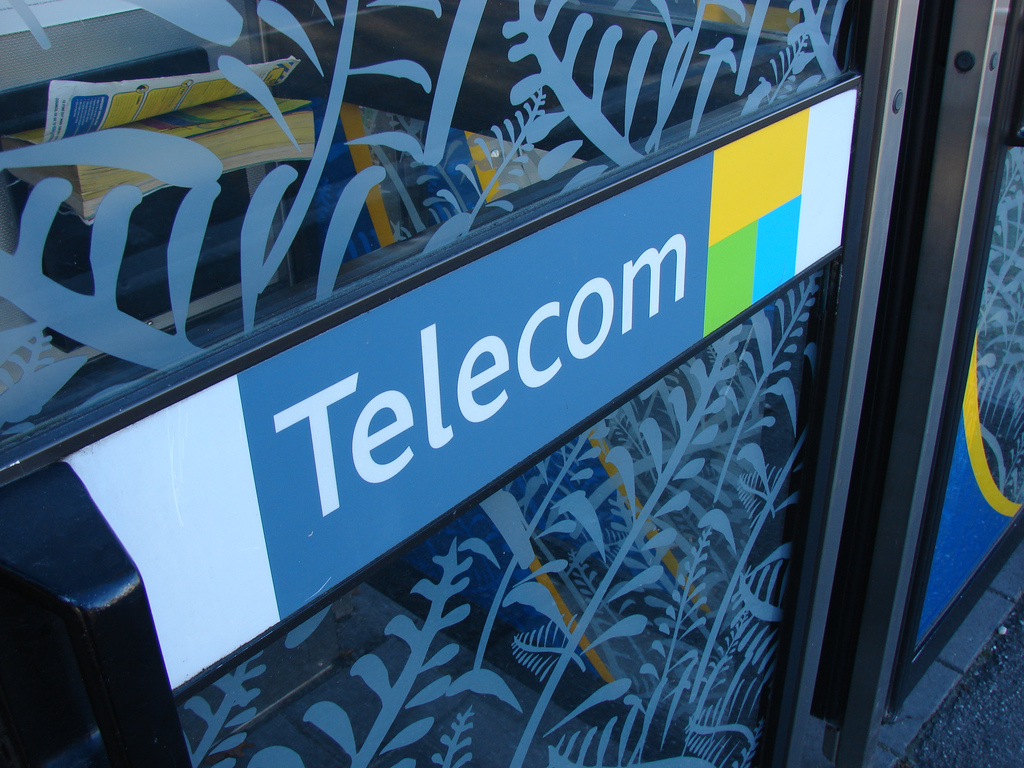The Liberals have issued a noteworthy release calling for better competition and service for wireless and Internet services in Canada. The party says there is a real competition problem that calls for "concrete proposals to lower prices and improve cell phone and Internet service for urban and rural Canadians." The […]

Telecom by yum9me (CC BY-NC-ND 2.0) https://flic.kr/p/53jSy4
Telecom
The Globalive Decision: Time To Pick Competition Over Canadian Ownership
The CRTC this afternoon issued its decision on whether Globalive, a new wireless competitor about to operate as Wind Mobile, complies with the foreign ownership restrictions currently found in the Telecommunications Act. While Industry Canada previously concluded that Globalive met the Canadian control requirements for the purposes of the Radiocommunications […]
CRTC Sends Message: Traffic Management Rules Apply To Wireless Too
CRTC Chair Konrad von Finckenstein delivered the keynote address at the International Institute of Communications conference in Montreal yesterday. The speech reviewed last week's traffic management/net neutrality decision. On the issue of wireless, he stated: At some point down the road, we will need to review the regulatory measures that […]
National Television Coverage on Broadband
Both Global and CBC's The National covered the state of Canadian broadband in their national news late last week.
Do-Not-Call List Undermined By Loopholes in the Law
This month marks the one-year anniversary of the launch of Canada's do-not-call list. Over the past 12 months, millions of Canadians have registered their numbers on the list and filed hundreds of thousands of complaints with the Canadian Radio-television and Telecommunications Commission, which is tasked with enforcing the law. While the CRTC has found itself subject to considerable criticism for investigating only a small percentage of complaints and levying just a handful of fines for do-not-call violations, my weekly technology law column (Toronto Star version, homepage version) notes that a review of tens of thousands of complaints obtained under the Access to Information Act reveals a potentially bigger problem.
Many of Canada's best-known companies have been the target of frequent complaints, yet are not subject to investigation due to the large number of exceptions found in the law. This has led to genuine dismay, with many people using a comment section in the complaint form to register their disappointment with the do-not-call list.
Working together with University of Ottawa students Sean Murtha and Frances Munn, I recently reviewed more than 60,000 complaints released by the CRTC. The complaints were lodged in late 2008 and early 2009 using the do-not-call list's Internet-based complaints mechanism. In each case, the complaint included all relevant information with the exception of the complainant's name and telephone number, which were excluded for privacy reasons. There were hundreds of complaints about automated calls promising cruise vacations or lawncare services. But the undisputed leader among reputable companies was Bell Canada, which alone was the subject of nearly one thousand complaints. In fact, the wireless sector had the distinction of taking the top three spots with Rogers and Telus ranking second and third respectively. There were also hundreds of complaints against Canada's top financial institutions and retailers including RBC, CIBC, Scotiabank, TD Canada Trust, and Sears.






